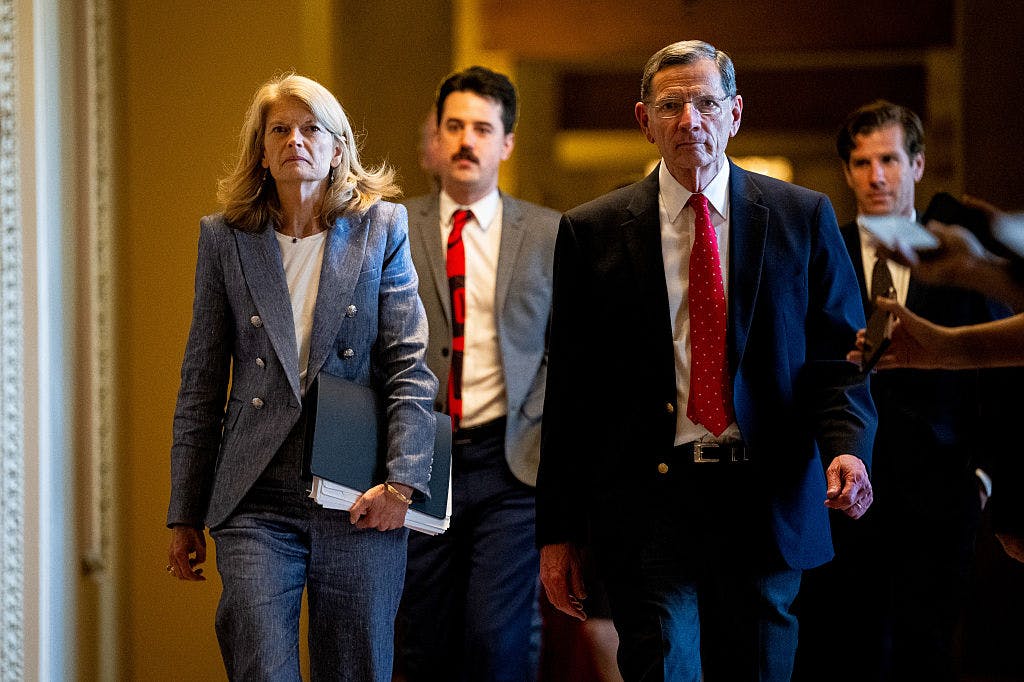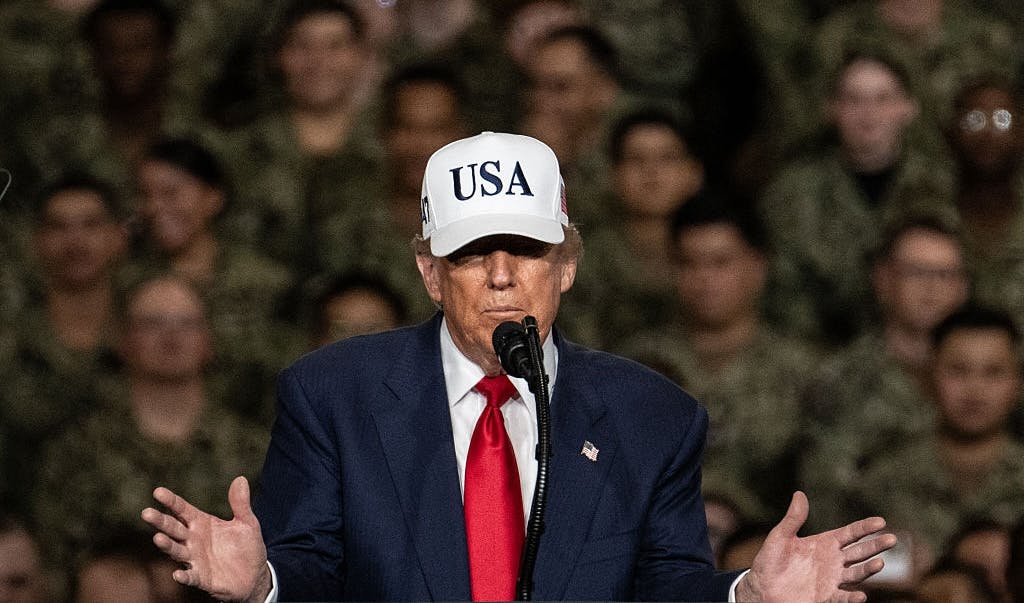Here Are The Major Things The Senate Changed In The Big, Beautiful Bill

The Senate voted Tuesday to pass the “One Big Beautiful Bill,” bringing President Donald Trump’s chief legislative package one step closer to the finish line.
Live Your Best Retirement
Fun • Funds • Fitness • Freedom
The bill, which the House of Representatives passed in May, underwent some changes in the Upper Chamber. The bill now returns to the House, which will either pass the amended bill and send it to the president’s desk, or further revise the text. House Speaker Mike Johnson (R-LA) is hoping for the former.
“This bill is President Trump’s agenda, and we are making it law,” Johnson said. “House Republicans are ready to finish the job and put the One Big Beautiful Bill on President Trump’s desk in time for Independence Day.”
Here are the biggest changes the Senate made to the bill.
The Name
Thanks to a last-second effort by Senator Chuck Schumer (D-NY), the One Big Beautiful Bill Act is no longer called the One Big Beautiful Bill Act.
“I just got the name struck off this bill with a move on the floor of the Senate,” Schumer posted on X. “It is no longer named ‘One Big Beautiful Bill.’ The bill is a BIG, UGLY BETRAYAL of the American people by the Republicans.”
The AI Moratorium
Senators also stripped a provision from the bill that would have paused all state regulations of artificial intelligence for 10 years.
The provision was an early sticking point for the legislation. After voting for the bill, Rep. Marjorie Taylor Greene (R-GA) said, “We have no idea what AI will be capable of in the next 10 years and giving it free rein and tying states’ hands is potentially dangerous. … When the OBBB comes back to the House for approval after Senate changes, I will not vote for it with this in it.”
Senate Republicans originally tried to amend the provision, lowering the time to five years and scrapping the absolute moratorium in favor of a few listed restrictions. But the deal fell through when the Senate voted 99-1 to strike the AI provision from the bill.
Public Land Sales
Sen. Mike Lee (R-UT) voted to advance the bill after withdrawing a controversial provision that would have allowed the federal government to sell off public lands, largely in the West.
Lee said the provision — which had irked some other Republican senators from Western states, and caused a stir among Democrats, too — had to be cut because the Senate’s strict budget reconciliation rules made it hard to guarantee that public land could not be sold to foreign countries or major companies instead of American families.
Still, Lee argued that the clause would have allowed for the federal government to sell off land for affordable housing and infrastructure.
“I continue to believe the federal government owns far too much land,” Lee said in a statement. “Land it is mismanaging and in many cases ruining for the next generation.”
Murkowski’s Demands
The last Republican holdout, Senator Lisa Murkowski (Alaska), secured major changes — which she argued were beneficial to her constituents — before agreeing to vote yes.
The bill seeks to impose spending cuts on food stamps and Medicaid. Murkowski was worried that the strict cuts would disproportionately affect Alaska, which relies heavily on federal funding for those programs. Senators eventually agreed to exempt Alaska from potential changes to food stamps, and to increase federal funding for rural hospitals by $25 billion over the next five years.
Senators also removed a controversial solar and wind tax from the bill, hoping to appease Murkowski. The tax would have targeted solar and wind projects that used parts produced in China, among other things.
Despite the concessions, Murkowski walked away unhappy with the bill.
“My goal throughout the reconciliation process has been to make a bad bill better for Alaska, and in many ways, we have done that,” Murkowski said. “But, let’s not kid ourselves. This has been an awful process.”
Originally Published at Daily Wire, Daily Signal, or The Blaze
What's Your Reaction?
 Like
0
Like
0
 Dislike
0
Dislike
0
 Love
0
Love
0
 Funny
0
Funny
0
 Angry
0
Angry
0
 Sad
0
Sad
0
 Wow
0
Wow
0











































































